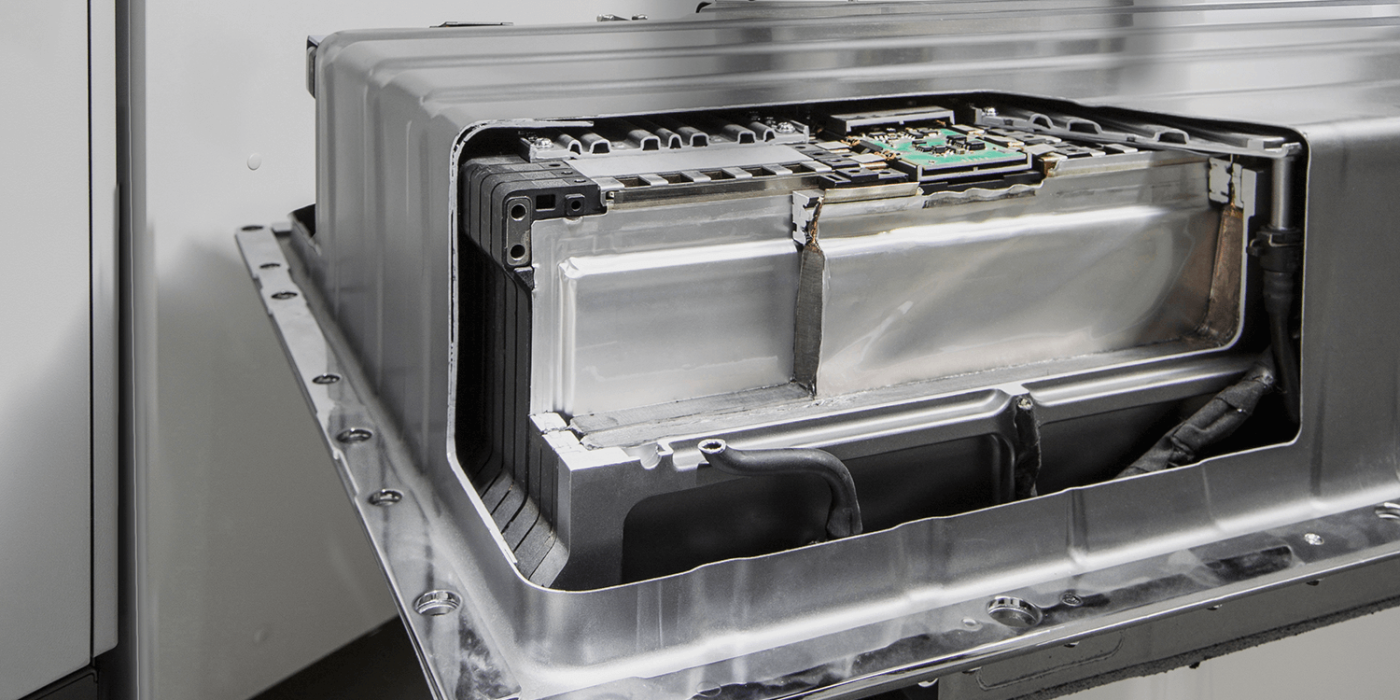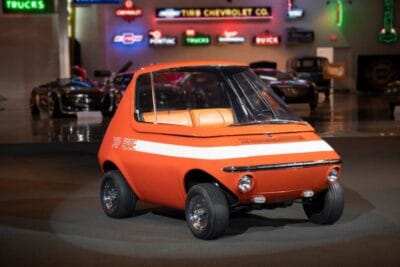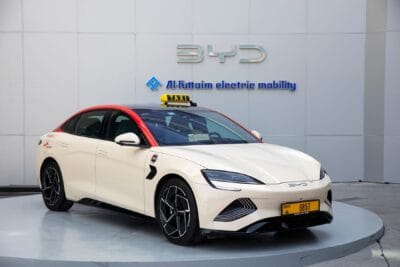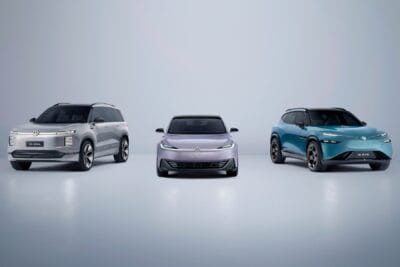Farasis: Mercedes aims for CO2 neutral cell manufacturing
Some of the battery cells for the next generation of the EQ electric cars from Mercedes-Benz are to be produced with renewable electricity. The carmaker has now agreed a sustainability partnership with Farasis Energy for this purpose.
The new agreement covers the production of battery cells with green electricity as well as recycling and compliance with human rights in the supply chain. Among other things, Farasis undertakes to use electricity from renewable energy sources such as hydropower, wind and solar power for the production of battery cells intended for Mercedes. The Stuttgart-based DEKRA expert and testing organisation has been appointed as the monitoring body. According to a press release published by Mercedes on the subject, it will also check compliance with the measures relating to environmental standards.
Farasis is a Chinese developer and supplier of lithium-ion battery technologies and maintains research and development centres in China, Germany and the USA as well as two production sites in China – specifically in Ganzhou and Zhenjiang. As reported, a plant in Germany is currently being planned and will be CO2-neutral straight out of the gate.
“Mercedes-Benz actively pursues the goal of climate neutrality in close cooperation with its partners,” says Daimler Board Member Markus Schäfer, referring to the importance of the suppliers for the decarbonization targets of the company’s own group under the heading Ambition 2039. “As first result of the sustainability partnership with an important supplier of lithium-ion batteries, we will save well over 30 % of the carbon footprint of future vehicle models’ entire battery by sourcing battery cells from carbon-neutral production.” For the next generation of the EQ brand, the Stuttgart-based company is already striving to ensure that part of the battery cells are manufactured using 100 per cent electricity from renewable sources. The overriding goal of Daimler’s sustainability strategy is to convert the entire passenger car portfolio to CO2 neutrality by 2039.





0 Comments